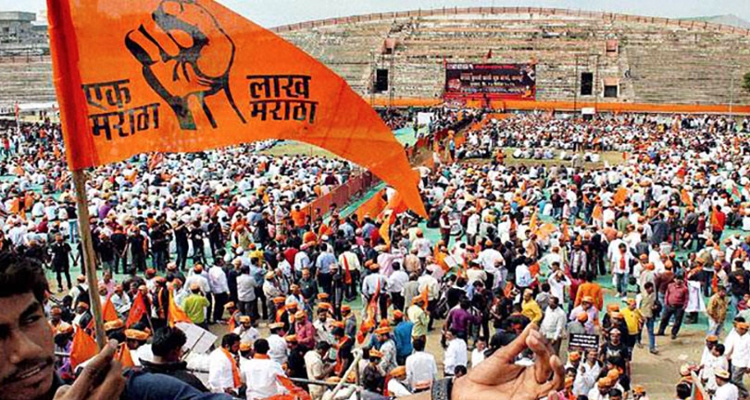
The Bombay High Court has ruled that the Maharashtra State Backward Class Commission can be impleaded as a party respondent in a petition challenging the Maratha reservation. The court has directed that a notice be issued to the Commission, as it is considered a necessary party.
A bench of Chief Justice D.K. Upadhyaya along with Justices G.S. Kulkarni and Firdosh Pooniwalla, began hearing several petitions last week. These petitions challenge the constitutional validity of the Maharashtra State Reservation for Socially and Educationally Backward Classes Act, 2024, which grants a 10 percent reservation to the Maratha community in government jobs and education. The petitions also contest the establishment of the Maharashtra State Backward Class Commission, led by retired Justice Sunil Shukre, including its methodology and the report recommending reservations for the Maratha community.
Petitioner’s Application
On 1st July, petitioner Bhausaheb Pawar filed an application seeking the impleadment of the Commission as a party respondent. Advocate Subhash Jha, representing Pawar, argued that during a previous challenge, the Commission and its members had been impleaded but chose not to respond to the petitions. The court, after considering Jha’s arguments, concluded that since the petition challenges the Commission’s report and seeks its quashing, the Commission must be included as a party to avoid future complexities.
The court stated, “We find it appropriate that the Commission will be a necessary and proper party to adjudicate the prayer regarding the quashing of its report. It may not be a necessary party for the prayer against the validity of the Act.” The bench indicated that an order to implead the Commission would be issued on Wednesday.
However, other petitioners opposed this decision, arguing that it would only delay any interim relief they sought. They contended that the petitions challenge the Act’s validity on the grounds that the Maratha community is not backward and thus does not require reservation benefits. They also noted that Maharashtra has already exceeded the 50 percent cap on reservations.
Urgency and Future Outlook
Advocate Pradeep Sancheti, representing another petitioner, emphasized the urgency of the matter due to the ongoing admission process in educational institutions. The bench reminded Sancheti that an order had already been issued stipulating that jobs and admissions under the Maratha quota would be subject to the High Court’s decision.
Advocate Anil Anturkar, representing yet another petitioner, remarked, “We can foresee the writing on the wall that 2024 is lost to us. We are now arguing for 2025.”




